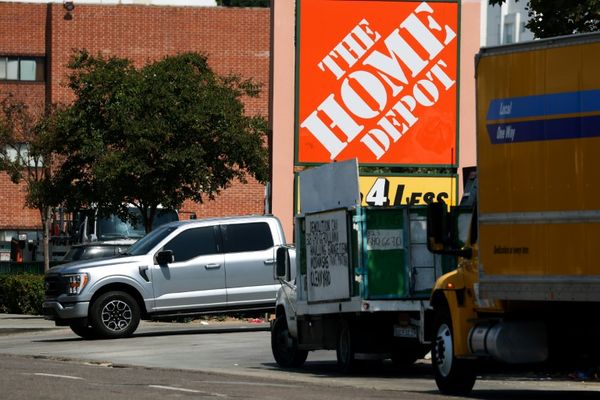
Ratchet and Clank: Rift Apart reviews are in, and to the surprise of almost no one, it’s doing very well, currently sitting at an 89 on Metacritic, tying it for the best-reviewed next-gen, non-remastered game to date.
It’s another big win for Insomniac, who has been hitting home run after home run between past Ratchet and Clank games, Sunset Overdrive, Spider-Man and its Miles Morales expansion, and now Rift Apart. But that’s not the only reason to praise Insomniac.
In an industry known for brutal crunch, the practice of working insane overtime to get releases out in a functional, somewhat timely state, workers are reporting that they specifically did not have to crunch on Ratchet and Clank:
Granted, while we don’t have tweets from literally every developer at the studio, it is notable all the same. The idea is that this can be used as an example of a AAA, gorgeous, well-received game that was made without the kind of life-destroying crunch that so, so many other studios endure. Sony’s own Naughty Dog, for instance, is known as one of the most crunch-heavy studios out there to polish up games like Uncharted or The Last of Us for release, even after swearing “never again” when they finish a previous title.
I’ve also now realized that Ratchet and Clank: Rift Apart was also…never delayed. At least not externally. Rift Apart was announced exactly a year before this Friday’s release date, June 11, 2020. And then its June 11, 2021 release date was set back in February. It almost goes without saying these days that most major games are delayed at least once or twice before release, anywhere from weeks to months to a year, but Ratchet and Clank never was. And they didn’t crunch to hit their original deadline.
We have heard many, many stories about how developers have burned the candle at all possible ends to hit targets and release games, taking a huge toll in the process through crunch. Now I would like to see a Jason Schreier style deep-dive into exactly how Insomniac didn’t do this for Rift Apart, to see what lessons could be learned for other studios. Obviously they’re not the only studio who didn’t crunch on a release, but they are a pretty high profile example, and you don’t often hear developers boasting about their extremely normal 40 hour work weeks in game development. That’s great to see, and everyone, fans included, want to see more of it, as honestly, it makes me enjoy the final release even more.
Crunch is often thought of as a management failure, and that makes Insomniac and Ratchet and Clank a unique kind of success in this industry. You love to see it.
Follow me on Twitter, YouTube, Facebook and Instagram.
Subscribe to my free weekly content round-up newsletter, God Rolls.
Pick up my sci-fi novels the Herokiller series, and The Earthborn Trilogy, which is also on audiobook.







